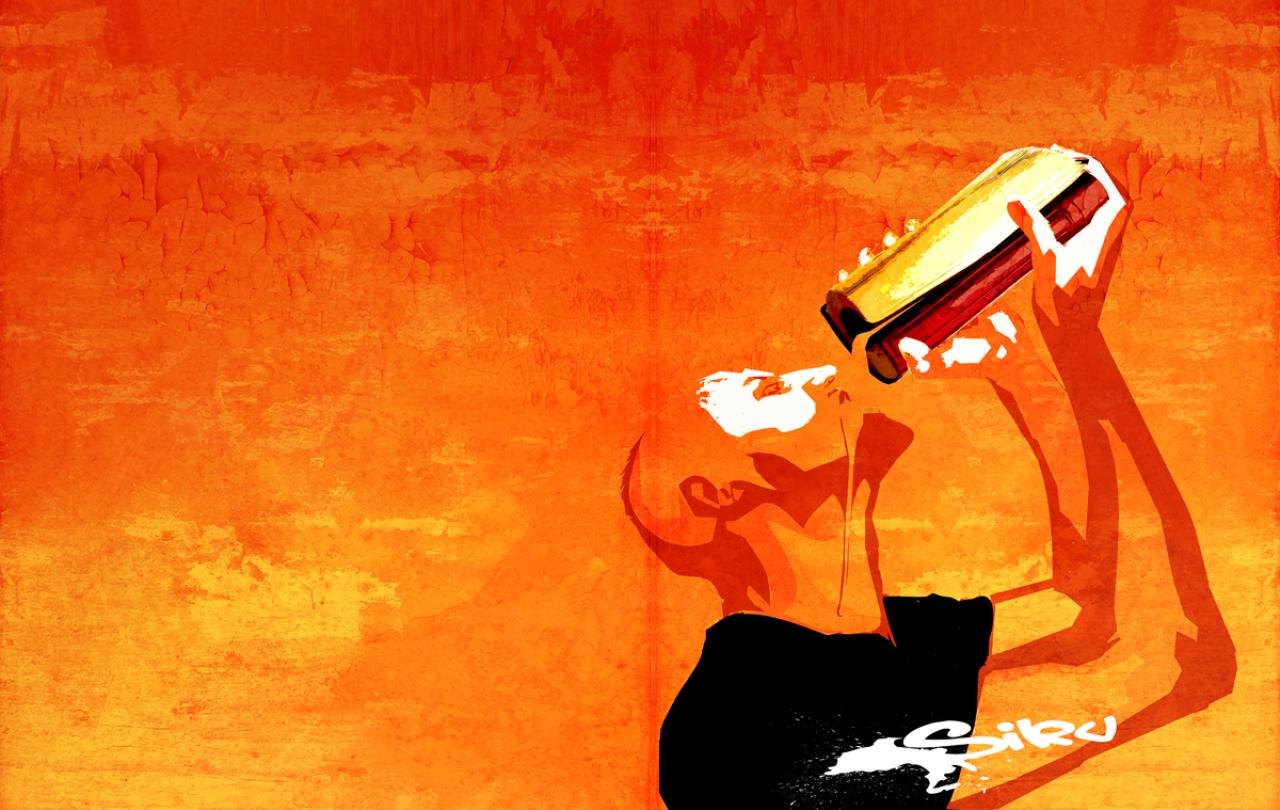
One of the joys of moving into central London is the nostalgia. You can 'remember' anything in London, but for a Beatles fan like me (one year I was in the top one per cent of listeners globally on Spotify - impressive, I know - and it was before I had kids), the aesthetic of central London is deeply connected to the fab four. I'm aware it's not Liverpool but look what London has to offer fans of the fab four. Abbey Road’s crossing, the rooftop performance in Savile Row, or the amount of time the fab four spent just here for the famous launch of Sgt Pepper. Walking around these streets with my headphones in, it's impossible not to smile at music that is faultlessly happy-making.
Sir Sam Mendes, however, is taking the immersive Beatles experience to a whole new level. Four coordinated films will be released in 2028 in a stunning act of ambition and delayed gratification. Mendes' production company says it will be the first 'bingeable theatrical experience.'
Now that the cast have been revealed, lots of questions remain: How long will the films be? Will they all be released at exactly the same time? Will there be Lord of the Rings viewing marathons? By the way - did you hear about the failed pitch for a Lord of the Rings film starring John as Gollum, Paul as Frodo, George as Gandalf and Ringo as Sam? We've missed that particular masterpiece, as Tolkien turned it down, as did Stanley Kubrick for that matter. The man it did fall to, Peter Jackson, recently also released a Beatles television experience in Get Back. Even for Beatles diehards like me I've not made it through all 468 minutes. But I saw enough to see Shakespeare being written.
Screenwriter Peter Straughan (Wolf Hall, Conclave) said that the different script writers for the not-so-imminent upcoming four films were "firewalled off from each other", so we receive four takes truly inhabiting the shoes of each protagonist. Band members wanting their own 'main character energy'? Surely not!
Only Mendes knows how the films will tie together. "Each one is told from the particular perspective of just one of the guys," Sir Sam told CinemaCon in Las Vegas on Monday. "They intersect in different ways - sometimes overlapping, sometimes not."
"They're four very different human beings. Perhaps this is a chance to understand them a little more deeply. But together, all four films will tell the story of the greatest band in history."
An omnipresent director still has infinite attention for each one us within a grander narrative arc.
Lennon and McCartney are undeniably geniuses. But with the Beatles, they were always greater than the sum of their parts. Even the songs that were solos were credited to Lennon/McCartney. Their solo works, no disrespect, never quite reached the dizzying heights of their collective efforts.
But a biopic for each bandmember is a terribly 2020s take. We want to feel that main character energy pulsing through our veins. While we want to feel part of something bigger, we want to feel that our lives are unique and distinct, not derivative (the latter not being a problem for The Beatles).
But a quartet of films, "challenging the notion of what constitutes a trip to the movies", harmonising in new ways (remind you of anything as subversive and groundbreaking?) provides an utterly lovely step-change in cinema. There's been no shortage of Beatles biographies and films, but this new concept comes closer to art imitating life. Our lives have to be lived independently, but are somehow made more meaningful and rich in connection and collaboration with others.
The philosopher Tom Morris wrote: "There are two striking human passions, the passion for uniqueness and the passion for union. Each of us wants to be recognised as a unique member of the human race. We want to stand apart from the crowd in some way. We want our own dignity and value. But at the same time, we have a passion for union, for belonging, even for merging our identities into a greater unity in which we can have a place, a role, a value.”
Can those passions be held in tension? The Christian faith, while commending us to be outward-focused, does more than polyphonic films. It says that each of us are worthy of our own 'cinematic events'. Yes, we mightn't have started living until we have broken free from our own confines to the concerns of broader humanity, as Martin Luther King said, but an omnipresent director still has infinite attention for each one us within a grander narrative arc.
All you need is love, they sang. But that love needs the perfect perspective of someone else.
Celebrate our 2nd birthday!
Since March 2023, our readers have enjoyed over 1,000 articles. All for free. This is made possible through the generosity of our amazing community of supporters.
If you’re enjoying Seen & Unseen, would you consider making a gift towards our work?
Do so by joining Behind The Seen. Alongside other benefits, you’ll receive an extra fortnightly email from me sharing my reading and reflections on the ideas that are shaping our times.
Graham Tomlin
Editor-in-Chief





